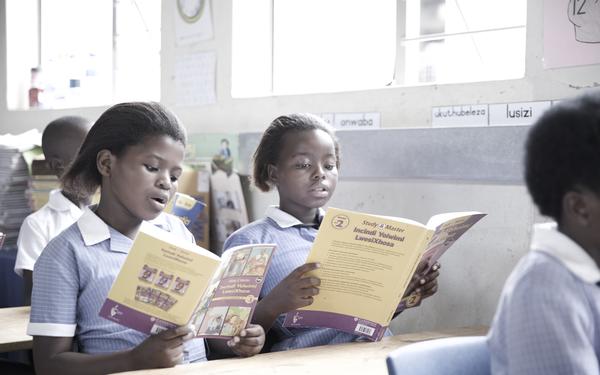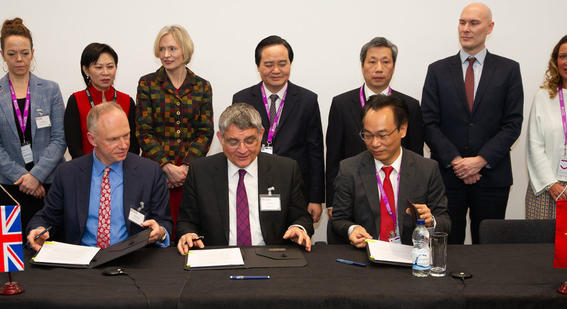A cautionary tale
In his 1972 book, Victims of Groupthink, Yale research psychologist Irving Janis published an influential theory exploring the symptoms of ‘groupthink’ and its impact on organisational behaviour. He showed that people in groups tend to ‘like’ people who are most like them and will try to establish norms to enforce harmony. This group behaviour, while natural in a social context, within an organisation can block progress, override healthy critical analysis and objectivity, lead to costly errors and false assumptions.
A frequently cited example of Janis’s theory and the perils of groupthink is the 2002 sudden collapse of Swissair, an airline so financially solid people called it ‘the flying bank’. Before the collapse, Swissair restructured its board of directors so it was led by a smaller pool of decision-makers. The restructure grouped likeminded individuals together as part of a strategy to reduce dissonance and strengthen cohesiveness. However, the resulting consensus of views gave way to a collective sense of overconfidence, poor decision-making and insufficient scrutiny. Groupthink robbed the board of its ability to question their assumptions and discounted outsider opinions, a major factor which led to its financial collapse.
Group cohesion can give the impression that everyone is pulling in the same direction, but in order to truly innovate, groups must constantly question and critique their processes and conclusions.
Three questions every publisher must ask
In the world of publishing, progress often springs from initiatives that challenge the status quo. Regardless of their focus or scale, every publisher should ask themselves these three key questions:
-
How can we improve our impact?
-
How can we be more efficient–without reducing reliability or quality?
-
How can we harness the benefits of technology?
These questions will help invite healthy scrutiny, challenge traditional analysis, and help include invaluable outsider perspective.
Navigating ‘groupthink’ at the Press
In July we ran a two-week internship for one of our long-term publishing partners at our offices in Cambridge with the aim of exploring innovative digital approaches to support teachers. We drew on the wealth of expertise from Cambridge University Press and external experts, and together, explored different techniques and approaches to develop a well-rounded proposal, ready for our partners to present to their board at the end of the programme.
The interns spoke to 26 different publishing professionals, from authors and editors, to platform technologists and marketing strategists. They had their assumptions challenged were made to think outside the box and welcomed detailed scrutiny on their initial proposal. Challenging assumptions, asking probing questions and seeking objective outside advice can be hard – but it allowed our partner to:
-
benefit from a wealth of diverse in-house publishing experience
-
hear from a number of new voices from external publishing experts
-
take their focus away from the detail of day-to-day work and focus on the bigger questions required for a long-term strategy.
At the end of the programme, a strong proposal was presented with the needs of teachers at its heart.
Do you need assistance with a publishing challenge? Whether it’s producing textbooks faster, developing a digital platform, improving use of your teaching and learning materials – we can help.





